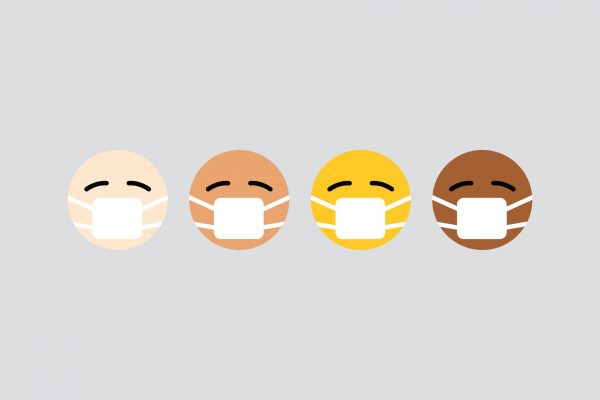In today’s elite academic institutions and high-performing workplaces, sleep is often downgraded to a status of secondary importance. The thrill of instant gratification takes precedence over the dull and laborious wait that inevitably precedes the onset of sleep. When time is limited, our attention becomes a commodity – and it is this commodification that has heralded in the era of ubiquitous computing. Saying “yes” to our smartphone is saying “no” to sleep. Chronic sleep loss is commonplace in today’s society, yet even among the brightest of individuals, we are unaware of the potential health effects of habitual sleep restriction.
In 2015, the American Thoracic Society heavily emphasised the impact that good quality and quantity of sleep could have on our physical and mental health along with overall quality of life. The researchers suggest that a lack of sleep could result in decreased focus and health issues, among many other problems.
At the back of our minds we know that the well-known maxim ‘quality over quantity’ holds true in the case of optimising productivity and enjoyment. Scientific literature over the years has shown that we lose self-awareness when sleep-deprived; whilst we might think we are being hyper-productive through virtue of spending more time on an activity, in reality we become biologically impaired and fall victim to Parkinson’s law – where an activity fills the time we have set aside to complete it.
We all have experiences where we know this to be true: during one group project, we ended up pulling an all-nighter. Having begrudgingly agreed to stay late for a group project, initially there was enthusiasm and excitement. This was short-lived. The remainder of the session consisted of typing, on average, three words per hour. We missed the submission deadline. Sleep is a natural period of rest for the mind and body and one that is essential to our lives. Perhaps the outcome would have been different had we realised this.
Mild sleep-deprivation, when appropriate, is often necessary and can be temporarily overcome. Polyphasic sleep, the practice of sleeping at set times throughout the day in order to cut down on total hours slept, can help. Drugs that help us fend off sleepiness – mainly caffeine – have become pervasive in society. However, for most people, developing a habit of sustaining enough sleep for their genetic disposition will help individuals live fuller lives. Lives that fill their internal barometers for the aspects of life that matter most: health, work, love and play.
It is not enough to know that sleep is important; action to support this fact is required. In our microcosm of society, faculty and students would benefit from increased promotion and reinforcement of the importance of sleep hygiene and sleep itself. Benefits are wide-ranging, an example being that eating habits and weight control are better when we are not overtired. It is something that we believe could be achieved with relative ease.
Our Sleep Imperial campaign hopes to transform the way you perceive sleep and improve your general wellbeing. In the meantime, set a caffeine curfew – cut the caffeine prior to 6pm. Black it out – keep your electronics away from your bed, and turn off all unnecessary light around your room to maximise sleep quality. Meditate for 10-15 minutes prior to sleep, or listen to some Autonomous Sensory Meridian Response (ASMR) recordings – this will calm your body and prepare you for sleep.
Keep an eye out for further tips at Sleep Imperial events around campus later this year starting with our launch event at midday on 13th November 2017 in the Chaplaincy
First seen here in the Felix newspaper




